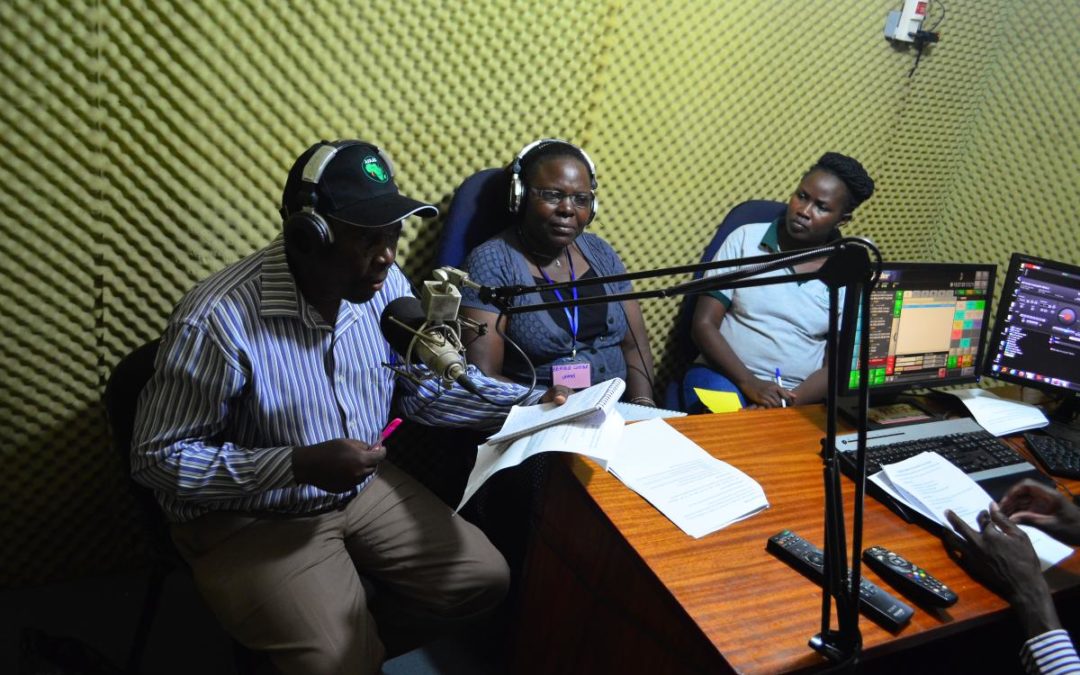Bazalaki Sully Nantatya (District Agricultural Officer – Iganga district) narrates his story.
The project I am currently coordinating is aimed at “increasing production and consumption of micronutrient rich foods and utilisation of community based nutrition services in small holder households in the project areas”
The project targets UPE government Aided Primary schools as the entry points for the technology pathways and covers also the parents around those schools.
The main target beneficiaries of the project are the children under two years and the school going children especially those at primary levels, the pregnant mothers and the lactating mothers.
The micronutrient rich crops promoted under the project include: Vegetables, Fruits, High iron rich beans and Orange flesh sweet potatoes but it also promotes health based services like Iron and folic acid supplements and deworming tablets.
Those categories of beneficiaries of the project have critical feeding and health needs quite different from the rest of the household members like the husband.
For pregnant and lactating women not only need nutritious food which is balanced but also need to increase the number of meals per day. Similarly, children need adequate and well-balanced diet to be able to develop well both mentally and physically.
Now upon that back ground you can clearly notice the need for emphasis on integrating gender in Nutrition and extension because the whole process involves growing of the crops, preparation and finally feeding/utilisation of those food stuffs.
When you analyse critically those processes you realise that the women are key and are at the centre stage.
It is also important to note that traditionary women or girls had always been regarded as weak both in the mind and physically and generally regarded as inferior whereas on the other hand the men or boys had always been regarded as superior and strong both in the mind and physically.
This could have been the reason as to why government came out strongly to believe that women only need to be supported through an affirmative action in order for them to be recognised in the society as equally important people in the society whose existence and contribution within the society shouldn’t be under rated.
With the knowledge and skills, I acquired from the engagement with UFAAS made me change in the approach of my work since it is now known that the women, the men and the children have different nutritional requirements as well as their roles and responsibilities are also different.
What I learnt was that if you want to understand better why women, men or children behave or do certain things the way they do them is to segregate and interact with them in their different groups before you engage them in the trainings to understand their different gender roles with in their families and the society.
This is helping me under the project to train and change the mindset of the school communities especially the men who are believed to be the household heads and the owners and controllers of the family resources.

